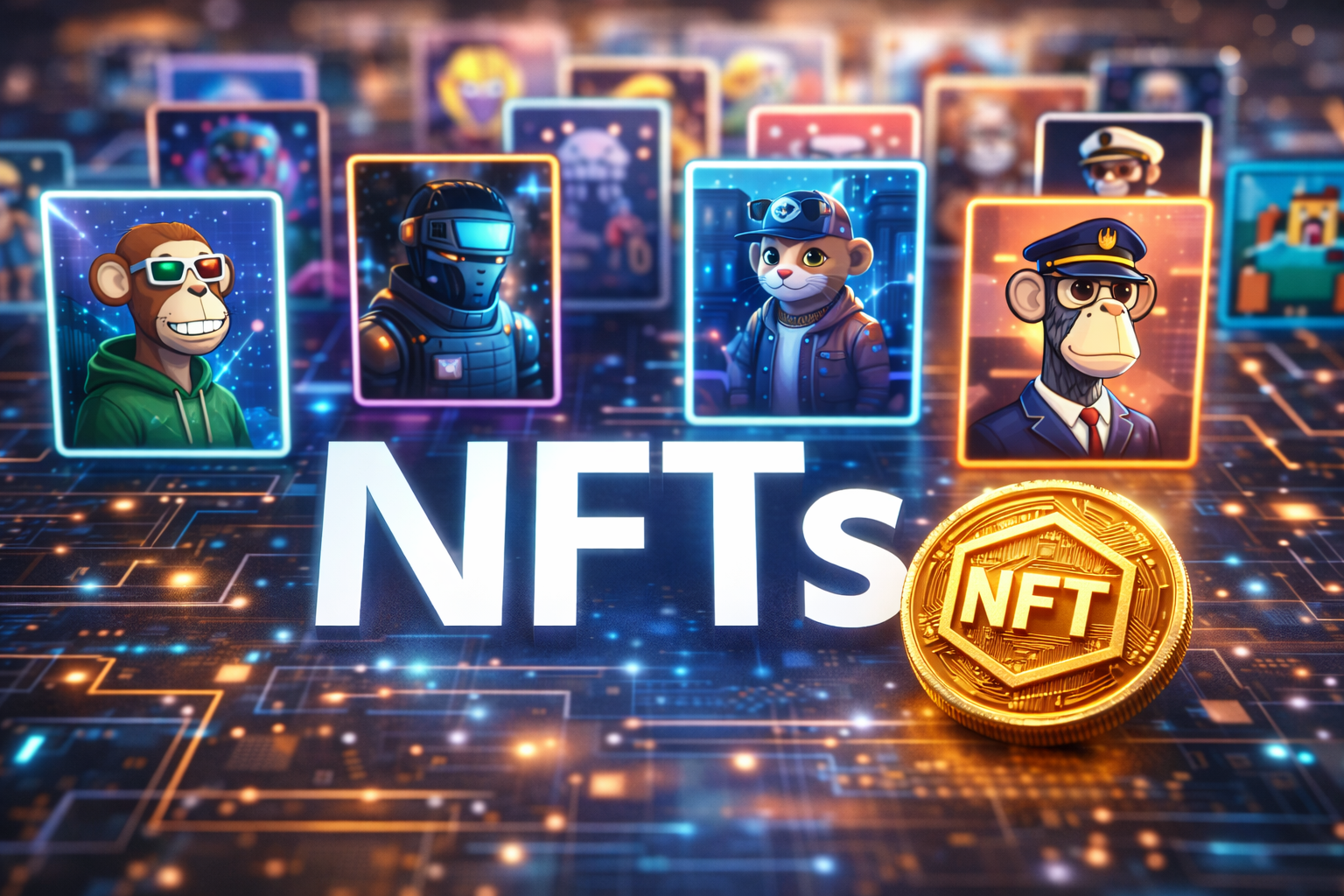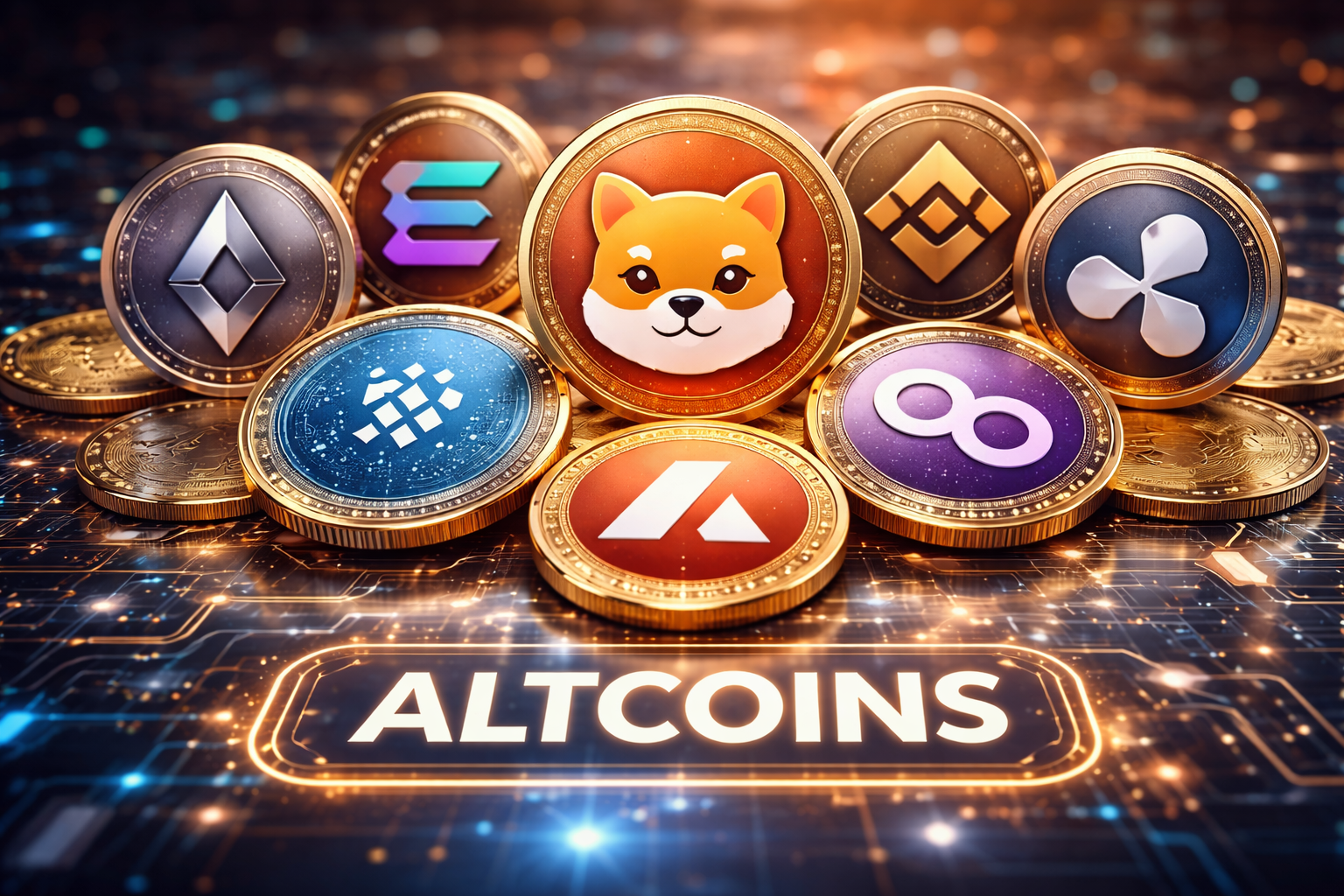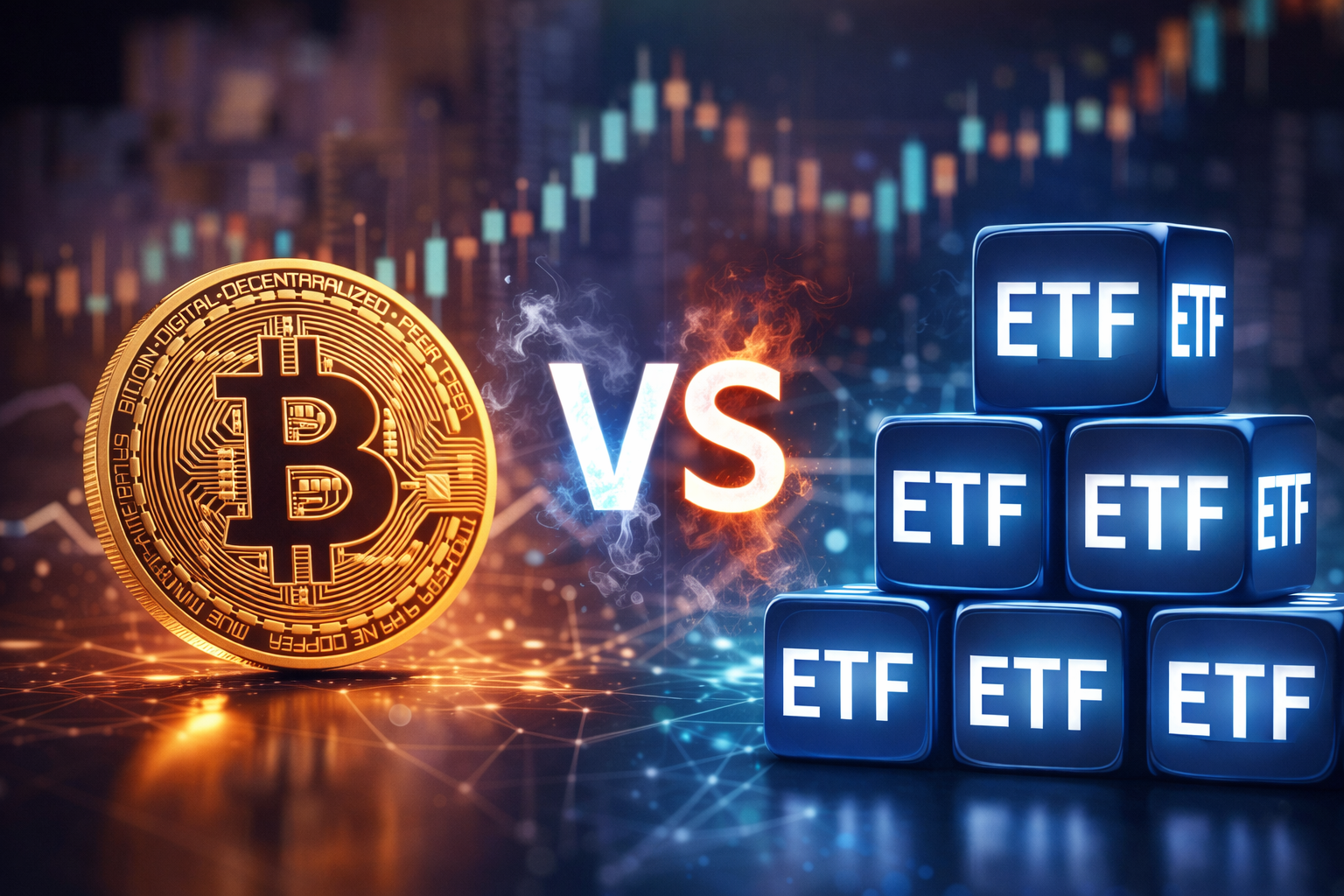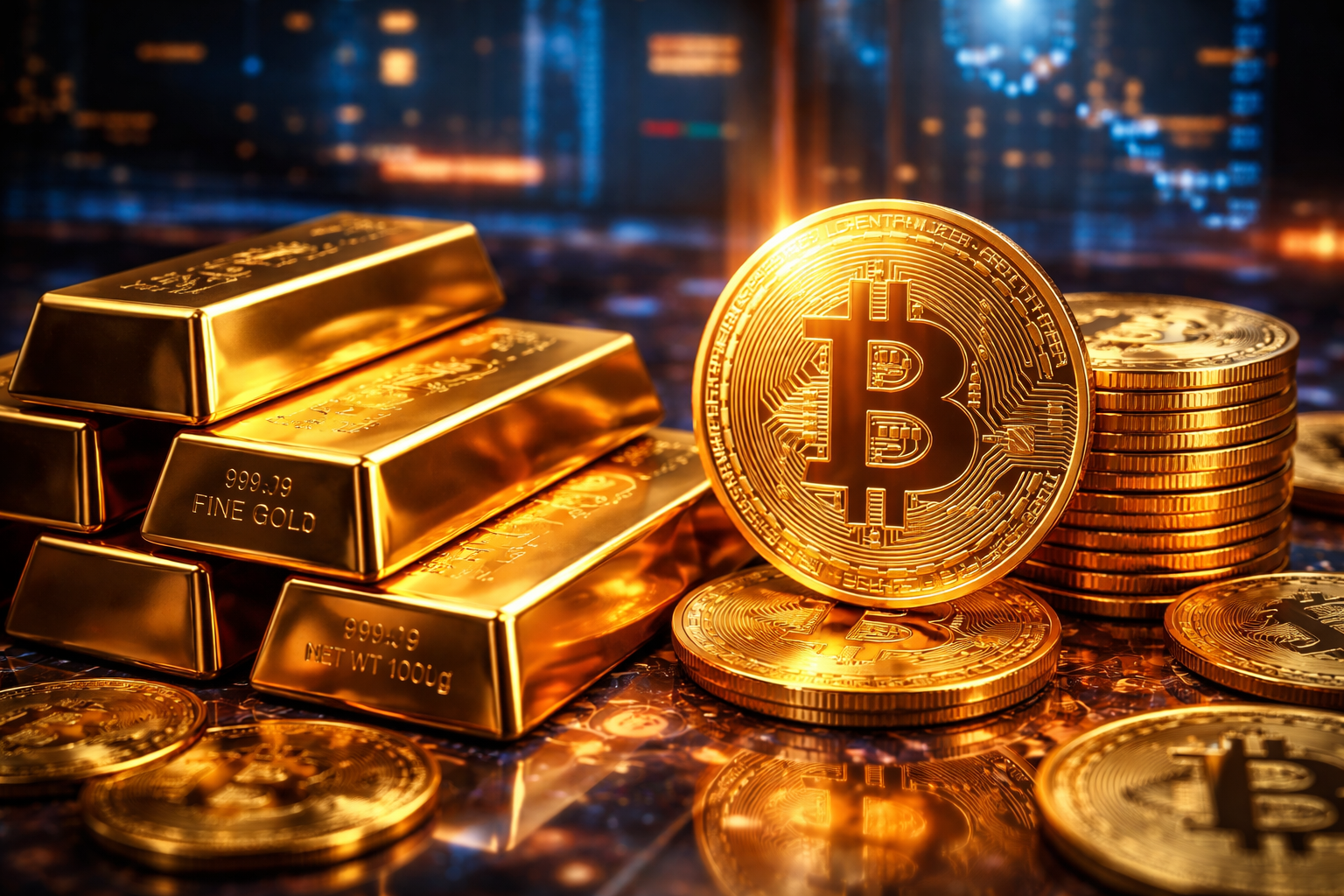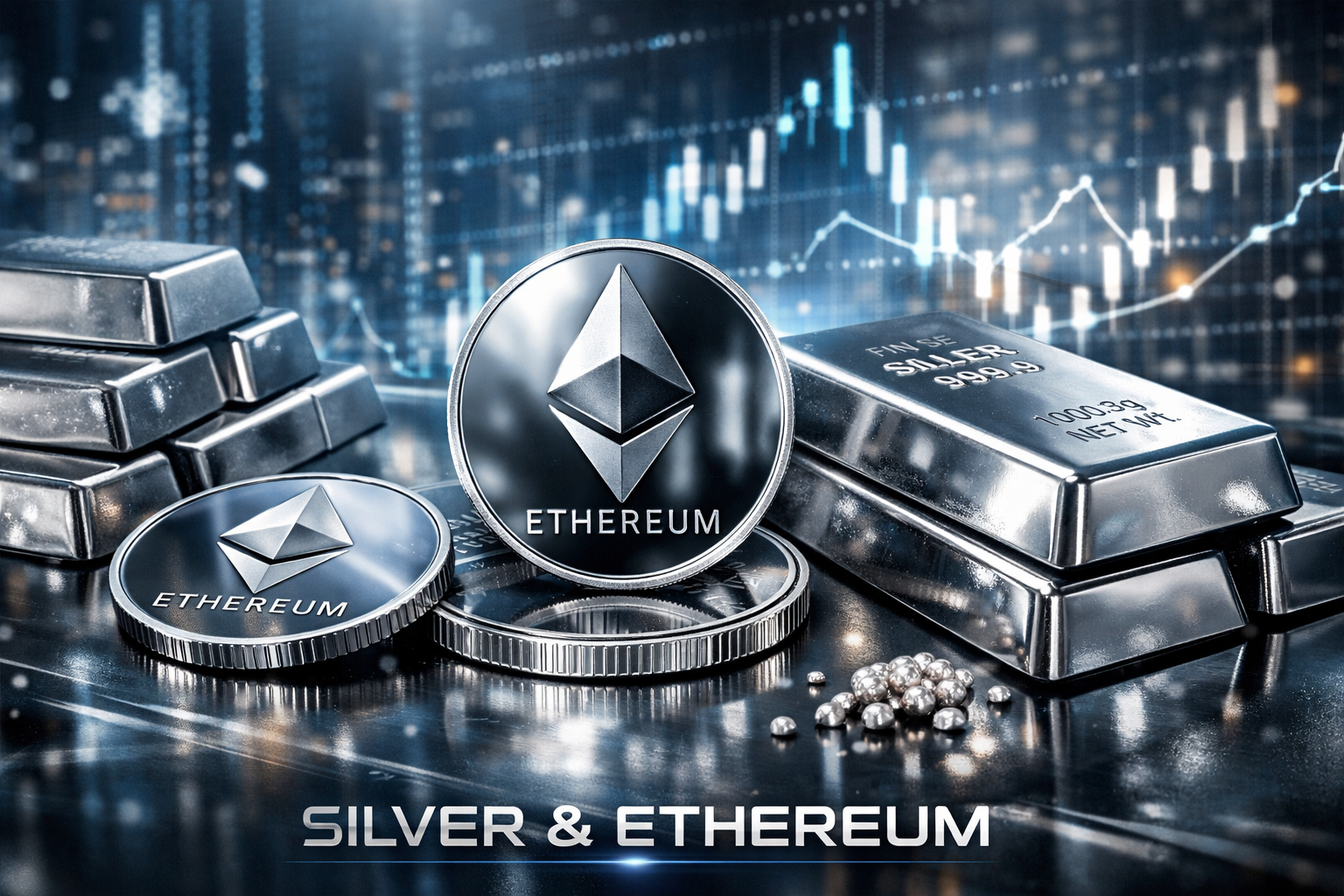
George Spencer
Uniswap: The Largest Decentralized Exchange
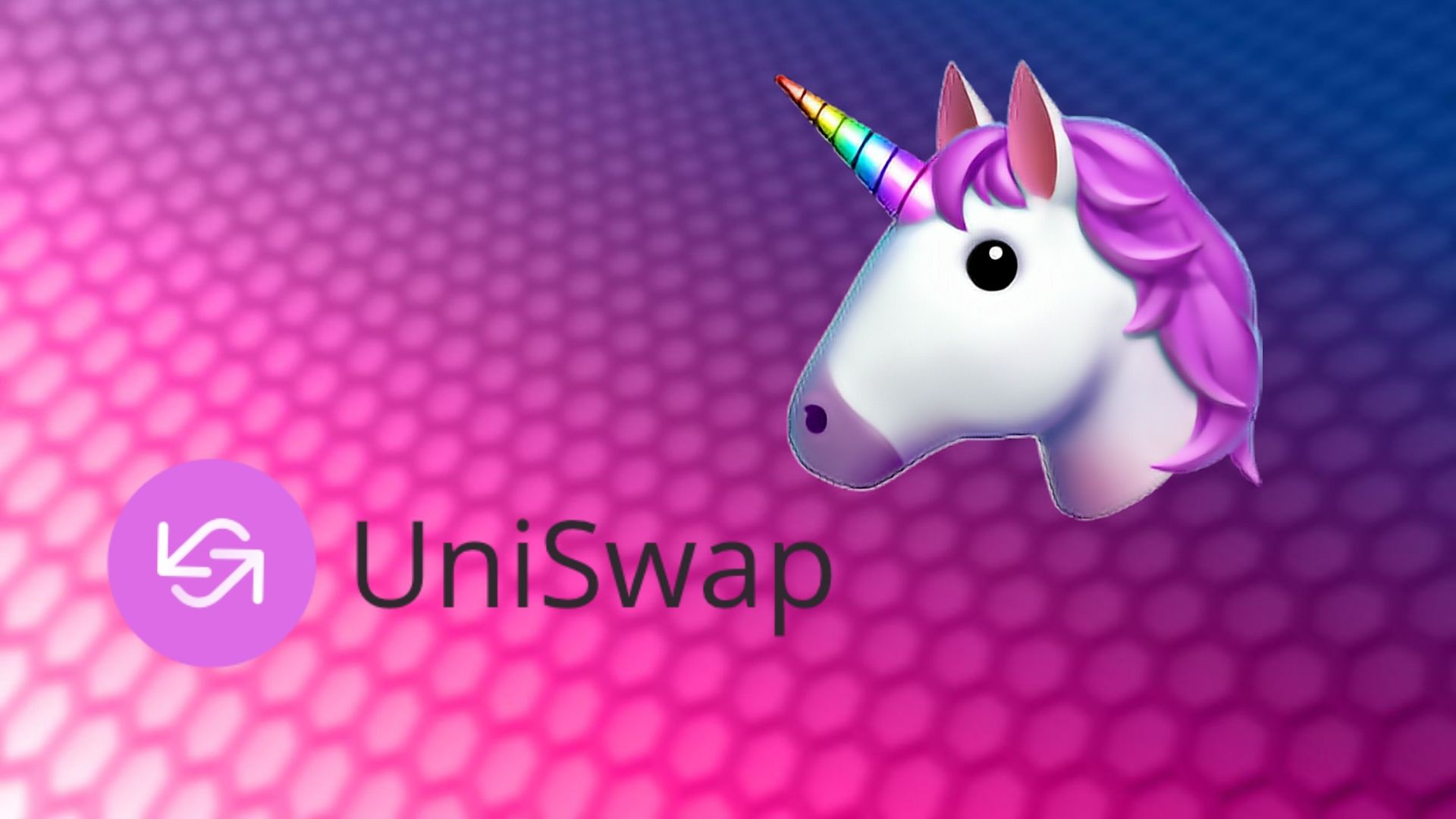
The majority of cryptocurrency trading occurs on centralized exchanges like Coinbase and Binance. These platforms are administered by a single authority (the company that controls the exchange), require users to deposit funds under their custody, and permit trading through the use of a traditional order book system. These exchanges have their faults and the goal of Uniswap (UNI) is to solve them all. Read on to know everything about the nineteenth-largest cryptocurrency.
What is Uniswap?
Uniswap is an Ethereum-based decentralized exchange protocol. To be more specific, it is a liquidity protocol that is automated. There is no need for an order book or a centralized entity to make transactions. Uniswap enables users to trade without the need of middlemen, resulting in a high degree of decentralization and censorship resistance. It operates with the assistance of unicorns (as shown in their logo).
Traders can trade Ethereum tokens on Uniswap without having to entrust their money to anybody, anyone can lend their cryptocurrency to special reserves known as liquidity pools. They get fees in exchange for contributing money to these pools. The Uniswap’s primary token is UNI.
History
The origin of Uniswap (UNI) can be traced back to 2016. At the time, Ethereum co-founder, Vitalik Buterin, introduced the idea of a decentralized automated market maker. It took only a year for another well-known cryptocurrency developer to take on the project. With the aid of the ETH community, Hayden Adams made the notion a reality. He earned many grants, including a $100,000 grant from the Ethereum Foundation. Uniswap now plays an important function in the market. The current expansion of DeFi platforms has increased the value of Uniswap even further. These new projects rely on Uniswap to reach the market smoothly. As a result, Uniswap serves as a critical launching pad for the whole DeFi industry.
What Problems Does It Solve Specifically?
The main issue with centralized exchanges that Uniswap fixes is liquidity. Uniswap may be used to seed a liquidity pool for any project. To begin the pool, all a developer needs to do is supply their project token and a comparable amount of ETH. This open strategy allows start ups to immediately distribute their tokens to the market, attracting the attention of a larger audience. The increased liquidity also aids in resolving the issue of large spreads for illiquid assets on order-book exchanges. New projects can help to establish liquidity pools and boost investor confidence while also creating ROI potential through arbitrage transactions.
Uniswap is also completely open source, which means that anyone can copy the code and use it to build their own decentralized exchanges. It also allows users to list tokens for free on the market. Normal centralized exchanges are profit-driven and demand exorbitant fees to list new currencies, thus this is a significant distinction.
Because Uniswap is a decentralized exchange (DEX), users have complete control over their funds at all times, as opposed to a centralized exchange, which requires traders to hand over control of their private keys so that orders can be logged on an internal database rather than executed on a blockchain, which is more time consuming and expensive. It reduces the danger of losing assets if the exchange is ever hacked by maintaining custody of private keys.
How it Works
Uniswap is powered by two smart contracts: “Exchange” and “Factory.” These are computer programs that are built to conduct specific tasks when certain criteria are satisfied. The factory smart contract is used in this case to add new tokens to the platform, while the exchange contract handles all token exchanges, or “trades.” On the improved Uniswap v.2 platform, any ERC20-based token may be swapped for another. When additional ETH/ERC20 tokens are added to a Uniswap liquidity pool, the donor is awarded a “pool token,” which is also an ERC20 token. Pool tokens are generated when funds are placed into the pool, and like an ERC20 token, they may be freely swapped, transferred, and utilized in other dapps. The pool tokens are burnt or destroyed when funds are retrieved. Each pool token reflects a user’s part of the pool’s total assets as well as their 0.3 percent trading fee stake in the pool.
Conclusion
Uniswap is a cutting-edge Ethereum-based trading mechanism. It allows anybody with an Ethereum wallet to trade tokens without the need for a third-party intermediary.
While it has its drawbacks, this technology has the potential for significant ramifications for the future of trustless token swapping. Uniswap might benefit from Ethereum 2.0 scaling improvements if they go live on the network.
Latest
Altcoins
06 Feb 2026
Altcoins
05 Feb 2026
Altcoins
03 Feb 2026
Altcoins
20 Jun 2024
Altcoins
09 May 2024
Altcoins
19 Apr 2024






